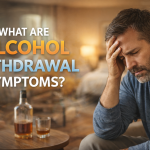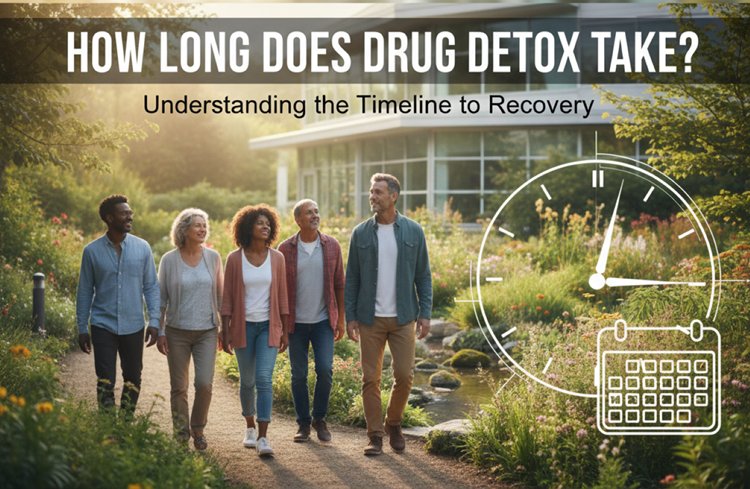Excessive alcohol consumption may cause severe heart-associated complications, such as hypertension, cardiac arrhythmias, cardiomyopathy, and the probability of a heart stroke. In the long run, alcohol deteriorates the heart muscle, interrupts the rhythm, and increases the chances of heart failure.
Can Alcohol Damage Your Heart?
Yes. The influence of alcohol on almost all the components of the cardiovascular system is significant. Heavy or prolonged use of alcohol is suspected to be strongly associated with heart disease, whereas moderation has very little impact.
The American Heart Association (AHA) indicates that high levels of alcohol may cause:
- Increased pressure of blood pressure (high blood pressure)
- The cardiac muscle is weakened (alcoholic cardiomyopathy)
- Irrregular heartbeats (arrhythmias)
- Enhanced vulnerability to heart attack and stroke
❓ What Heart Problems Can Excessive Alcohol Consumption Cause?
There are many harmful ways in which the heart is affected by alcohol, and most of them occur when it is used extensively or in great volume. Heart problems are among the most prevalent alcohol-related problems, and some of them are the following:
- Hypertension High blood pressure)
- Irregular heartbeats (arrhythmias)
- cardiomyopathy (enervation of the heart muscle)
- Heart failure
- Higher chance of stroke
All these conditions may be asymptomatic, and they may increase with time, particularly when the use of alcohol is chronic.
💔 What is Alcohol-Induced Cardiomyopathy, and Why Does It Matter?
Alcohol-induced cardiomyopathy occurs when frequent and high alcohol consumption weakens and thins the heart muscle, hindering it from pumping blood efficiently.
The significance of this is that:
- It may cause congestive heart failure that leads to the accumulation of fluids in the body and the lungs.
- The symptoms are a feeling of tiredness, difficulty in breathing, heart palpitations and leg swelling.
- It is a degenerative disease, and with initial treatment (particularly cessation of alcohol), it is possible to aid the situation.
Use case: A middle-aged man with a history of binge drinking starts feeling tired and out of breath. An examination of the heart will show an alcohol-induced dilated cardiomyopathy that can be corrected once detected early and alcohol is withdrawn.
What are the Early Signs Of Alcohol-Related Heart Issues?
Early signs may be hard to notice or seem like other health conditions. Common signs of an early include:
- Shortness of breath with petite activity
- Irregular or erratic heartbeat
- Chest pain or pounding in your chest
- Leg or abdomen swelling.
If you experience these symptoms and have an excessive drinking habit (more than 14 drinks per week for a man or seven for a woman) see a cardiologist.
How Much Alcohol is Too Much For Your Heart?
Although moderate drinking is perhaps safe among some, binge and extreme drinkers expose themselves to high cardiovascular risk.
As stated by the CDC:
- Moderate drumming = 1 per day (women), 2 (men)
- Heavy drinking = having more than 8 alcohol drinks per week in women and more than 15/week in men
- Binge drinking 4+ drinks (women) or 5+ drinks (men) within 2 hours
Even light consumption is harmful to people with hypertension, flattering or a family history of heart problems.
WHO and the American Heart Association both caution against using alcohol for heart health.
Sources:

How to Protect Your Heart From Alcohol-Related Damage
Drinking heart-healthy: If you drink, then bear the following in mind:
- Limit alcohol consumption to recommended guidelines. (1 drink/day in case of a woman, 2 in case of men)
- Intake of alcohol in large volumes should be avoided
- Plan your heart check-ups regularly
- Be on the lookout of initial symptoms (palpitations, breathlessness, chest pain)
- Exchange alcohol with more healthful activities such as exercise, water intake, and healthy food
100% Confidential Support is Available 24/7
No matter what you’re going through, you’re not alone. Our dedicated team is here to provide a safe, judgment-free space where you can talk openly and honestly. Whether you need emotional support, resources, or just someone to listen.
We’re here for you—completely confidential and always respectful of your privacy. Call us today!
Looking for Alcohol Addiction help?
Heavy drinking not only affects the liver, but it also silently destroys the heart to an extent that it cannot be restored. If you help yourself to drink a few times a week, or binge-drink sporadically, then learning about the potential risk you put on your heart health brings you a step closer to making better decisions to live longer.

Worried about the state of your heart or your habits as a drinker?
Talk to your doctor or find out more on the Cardiovascular Health and Addiction Recovery pages.






















